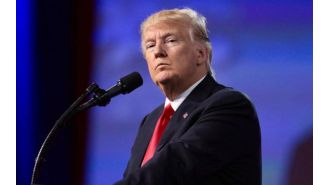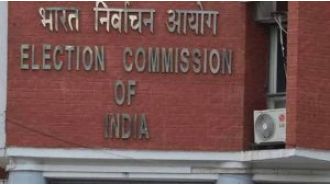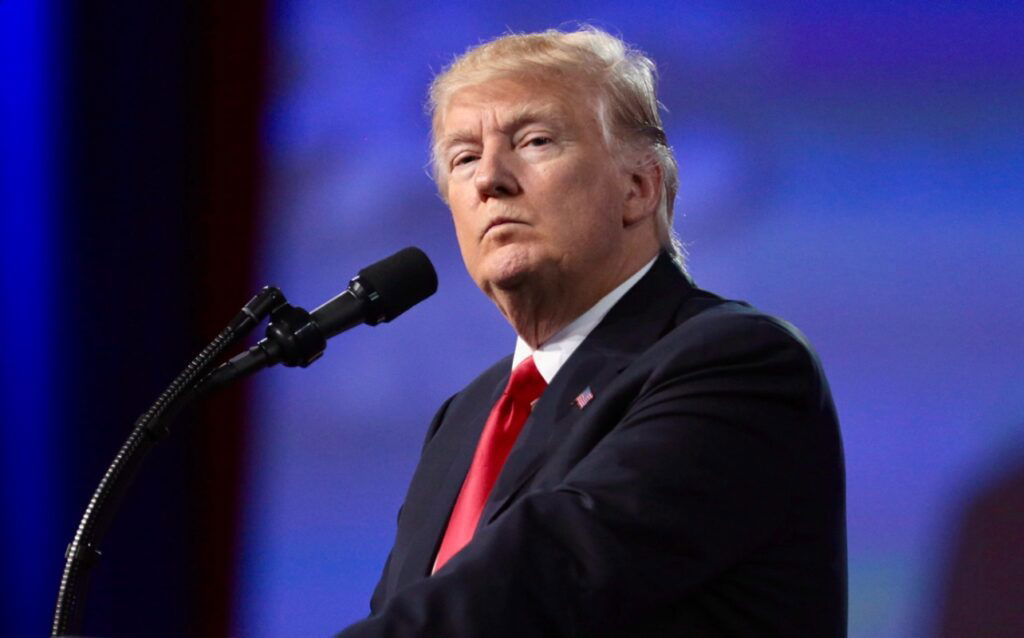EEOC prepares to oversee AI in hiring and employee recruitment.
EEOC to regulate AI in hiring to prevent racial/gender bias; enforcement won't be immediate.

The Equal Employment Opportunity Commission (EEOC) is at the forefront of the effort to police the use of Artificial Intelligence (AI) in the workplace. According to a survey conducted by the Society for Human Research Management, 79% of AI use is related to hiring and recruitment.
EEOC Commissioner Keith Sonderling has been one of the leading voices in the discussion of the EEOC and AI, and in a recent Politico interview, he highlighted the difference between a single discriminatory hiring decision and the impact AI can have.
“AI can be used at scale,” Sonderling said. “This means that it can affect hundreds of thousands or even millions of applicants.” Sonderling also stressed that existing civil rights laws still apply to AI, and that the EEOC and human resources sectors need to take a leading role in showing how the government can handle AI.
The EEOC usually has jurisdiction over four entities: employers, employees, unions, and staffing agencies. However, the emergence of AI has brought venture capitalists and investors into the fold. Talented programmers, entrepreneurs, and developers are now creating products that are used to change the workplace.
Unfortunately, it may take a while for the EEOC to develop standards and rules regarding AI and non-discriminatory hiring. US lawmakers are largely unfamiliar with AI technology and its implications, and the pandemic has changed the workplace significantly. As Forbes reported, 12.7% of full-time employees now work from home, and 28.2% work a hybrid model. Additionally, job interviews are increasingly conducted online.
It is also important to note that AI has already demonstrated racial and sexual bias in a number of areas, including security, art, and employee recruitment. Sonderling believes that federal agencies working to figure out how AI can benefit them can help the EEOC develop better standards.
“Every agency needs to be doing that, no matter what the context is,” said Sonderling. “The more guidance we can provide to employers who are willing to comply, the more we can help.”
President Biden recently issued an executive order on AI, emphasizing the need for moral responsibility. It is clear that the EEOC will play a key role in ensuring AI is used for good, and that the rights and liberties of those affected are respected.










